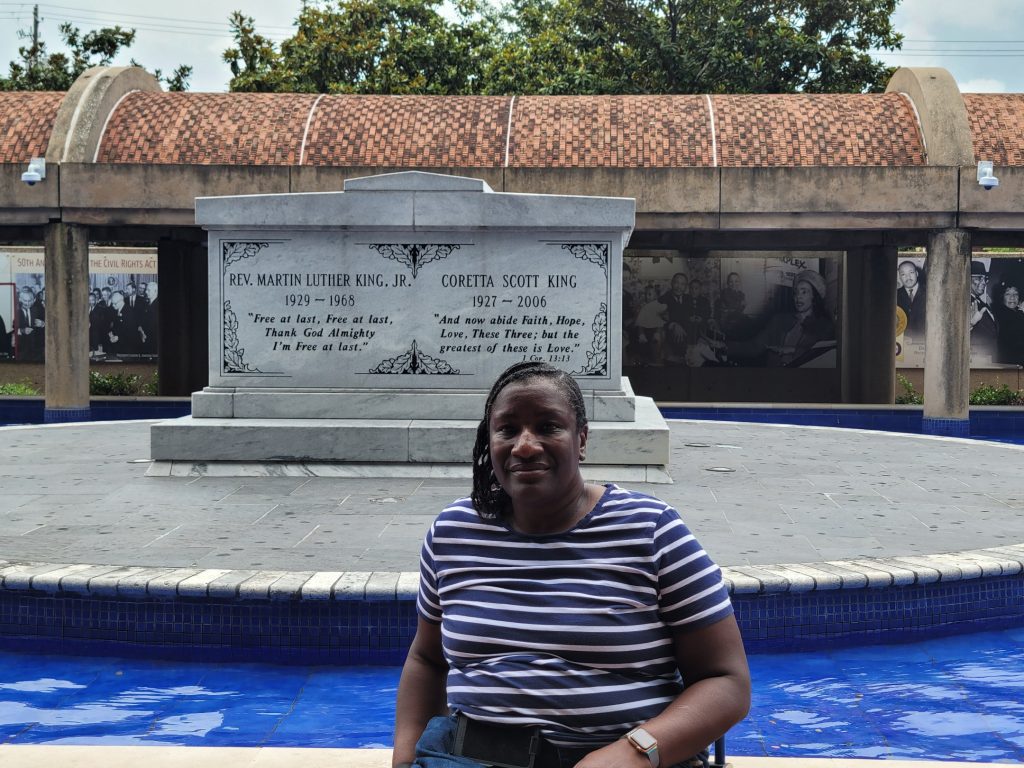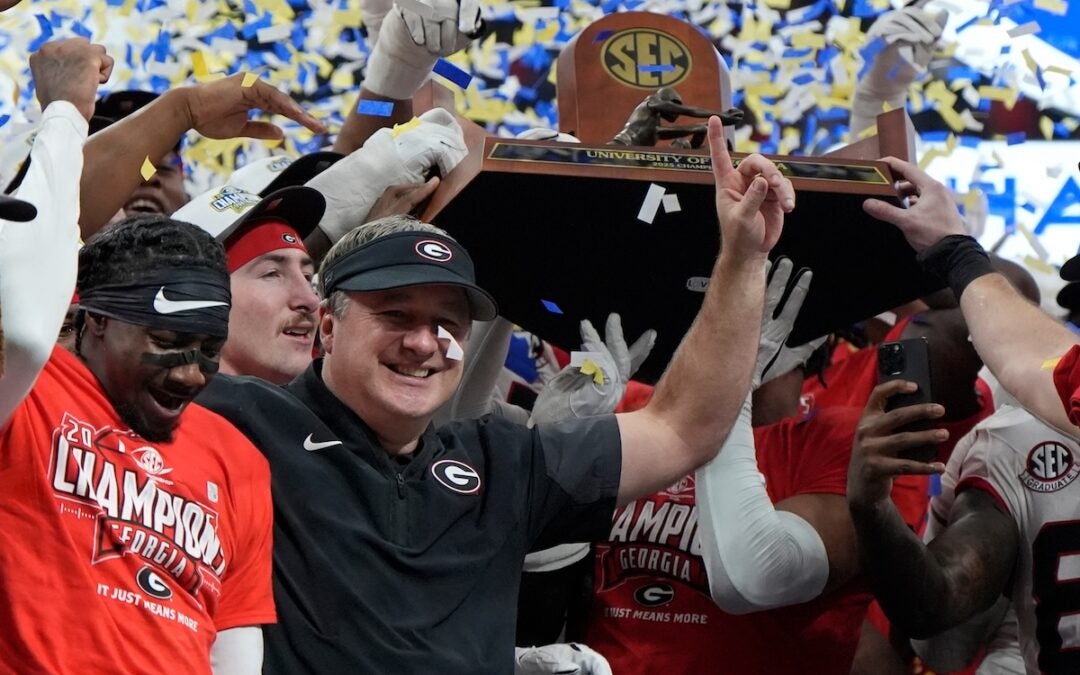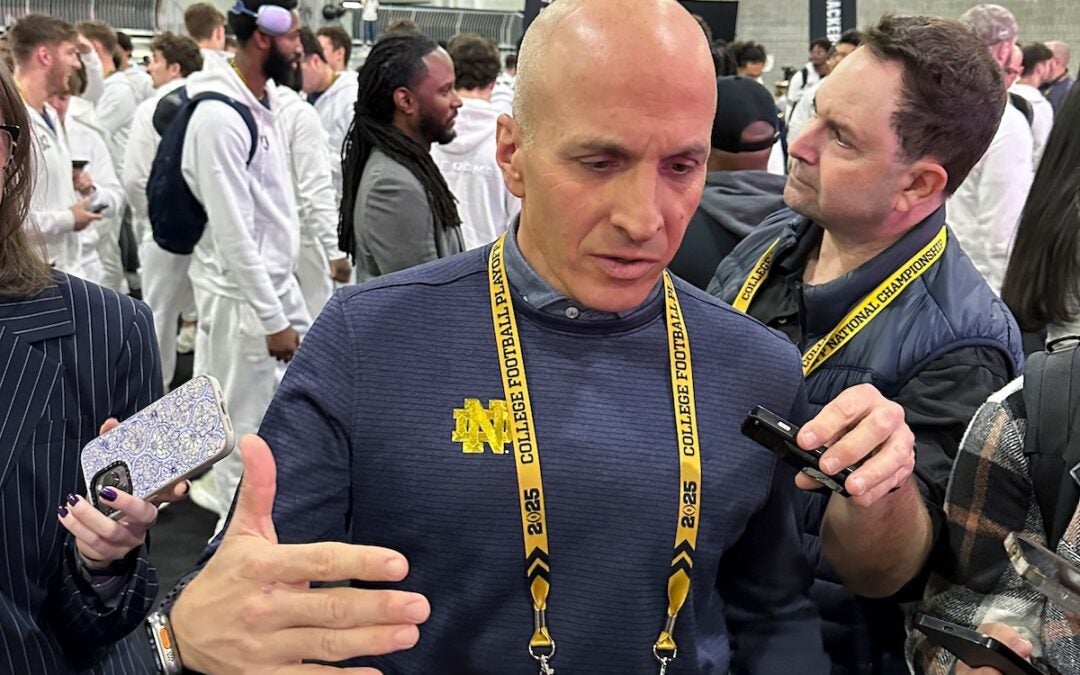Lisa Maddox has always been athletic.
“I played basketball, softball and even baseball,” said Maddox, 54, of Grovetown, who will compete in the Wheelchair National Mixed Doubles Curling Competition in Hartland, Wis. March 27-29.
Her main sports as a child and teen were basketball and softball.
“My brothers played sports,” she said. “Sports were always tied to academics.”
The daughter of a teacher, Maddox had to keep her grades up to be allowed to play
Playing with the Aquinas boys’ baseball team came as a fluke. She was volunteering with the team keeping stats when the coach put her in the game instead of one of his starters as a disciplinary measure.
After graduating Aquinas in 1985, she went to the United States Military Academy at West Point, where she played basketball her freshman year. But the stringent curriculum at West Point kept her in the classroom rather than the gym for the rest of her collegiate career.
An illness led to the amputation of her left leg below the knee. She uses a prosthetic leg, and sometimes uses a wheelchair.
Her first involvement with wheelchair sports came through wheelchair tennis. She’s been involved with that sport for several years, but the sport is stressful for her because of her competitive nature, she said.
“I love wheelchair tennis, but my relationship with wheelchair tennis is toxic,” she said.
When she loses, she turns the frustration upon herself.
“I’ll tell my opponent, ‘Sorry, I didn’t give you a good match,’” she said.
She discovered wheelchair curling after attending a wheelchair sports camp in Denver, Colo. in 2019. She got on a mailing list and when info on curling came into her inbox, she was curious.
The Grovetown resident travels to Charlotte, N.C. to participate with other wheelchair athletes.
Curling, she said, is a much more relaxed sport for her. It’s a team sport and that makes a difference to her. Winning or losing doesn’t completely rest on her shoulders.
There are a few differences in wheelchair curling than non-wheelchair curling.

“In wheelchair, there’s a long stick you use to push the stone,” she said.
The granite stone weighs between 42 and 45 pounds, and unlike traditional curling, the competitors in wheelchair curling cannot sweep the surface to help the stone’s trajectory.
“It’s not as physically demanding, but it’s finesse,” she said although she added there are times the curler will power the throw to displace the opponent’s stone.
Maddox said the name of the sport comes more into play in wheelchair curling because the stones are sent at an angle so they can curl back similar to what bowlers do when hurling their bowling ball toward pins at the end of the lane.
Maddox said another aspect of wheelchair curling she enjoys is the camaraderie among her teammates. She does have friendships among her wheelchair tennis players as well and she said the wheelchair curling athletes are supportive, plus they tend to enjoy a few beers together after their practices and matches.
According to the USA Curling website, “USA Curling will select its team through the newly established 2022 Wheelchair Mixed Doubles National Championship.”
Also at the website is a comment from the team director.
“We’re really looking forward providing another avenue for our athletes to achieve world level experience and competitive success,” said Wheelchair National Team Director Pete Annis. “Adding this discipline creates more opportunities, which will continue to build exposure for the sport and strengthen our pipeline.”
Charmain Z. Brackett is the managing editor of The Augusta Press. Reach her at charmain@theaugustapress.com









